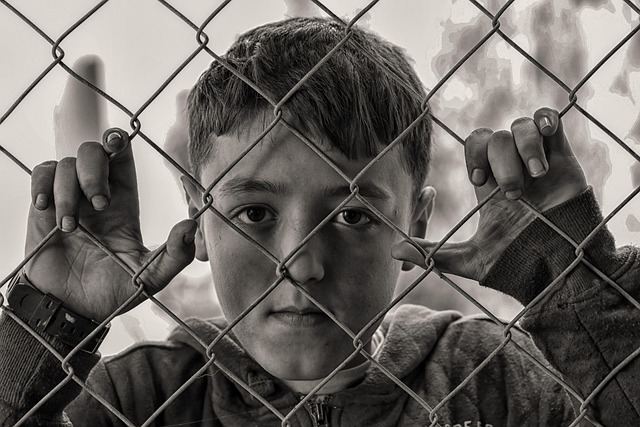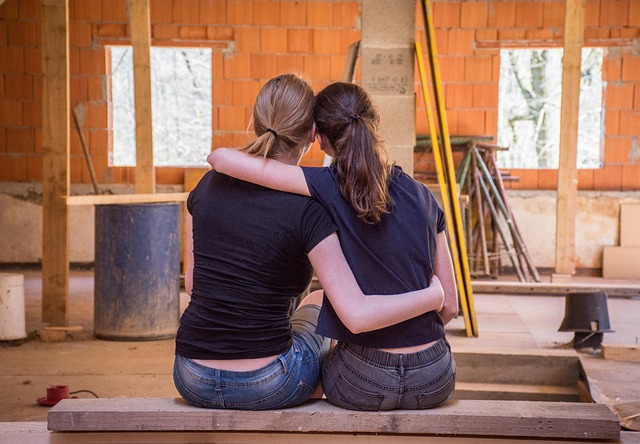
Navigating Emotional Reactivity: Relationship Advice for Cultivating Empathy
In the realm of human emotions, emotional reactivity can often act as a double-edged sword. It can ignite passionate connection or, conversely, lead to misunderstandings and conflict. For many of us, there are moments when we react instead of responding, allowing our emotions to take the driver’s seat. This impulsive reaction can cloud our judgment and hinder our ability to empathize with our partners. Learning to navigate these emotional currents is crucial for fostering healthier relationships.
First and foremost, it’s essential to identify what triggers your emotional reactivity. We all have different responses to stress points, whether they stem from past experiences or present circumstances. Take time to reflect on situations where your emotions have taken over. Journaling can be an effective tool for this; jot down instances where you felt an emotional surge. Recognizing patterns in your reactions can empower you to respond more thoughtfully in the future.
Once you’ve identified triggers, practice the art of grounding yourself. When you feel that familiar stirring of emotional reactivity, pause. Take deep breaths, count to ten, or even step away from the situation momentarily. This short period allows you to gain perspective and prevents knee-jerk reactions that could exacerbate conflict. It’s vital to remember that you don’t have to respond immediately; allowing a moment for reflection can transform the nature of your communication.
Another valuable strategy is to cultivate empathy actively. Empathy is not just an emotional response but a skill that can be developed over time. When facing a conflict or heated discussion, strive to see things from your partner’s perspective. A simple yet powerful question can shift the focus from your feelings to theirs: “How do you feel about this situation?” This opens the door to understanding and connects both partners on a deeper emotional level. By acknowledging their feelings, you disarm emotional reactivity and create a space for productive dialogue.
Moreover, practicing vulnerability can significantly reduce emotional reactivity. Share your feelings openly with your partner without fear of judgment. When both partners express their fears and hopes, they build a stronger emotional bond that fosters understanding. Transparency in expressing feelings creates an environment where emotional reactivity is minimized, allowing for constructive discussions rather than a cycle of blame and defense.
Sometimes, seeking professional help can provide invaluable support in navigating emotional challenges. Couples therapy or individual counseling can equip both partners with tools to handle their emotional reactions better. Mediators can offer insights and strategies tailored to your relationship needs, fostering growth in empathy and understanding.
Ultimately, managing emotional reactivity is a journey, not a destination. The more you practice these strategies, the easier it becomes to cultivate empathy and foster a healthy relationship. Commit to growing together and support each other through the ups and downs. Remember, a relationship is not just about love; it’s about understanding and nurturing one another’s emotional landscapes.

